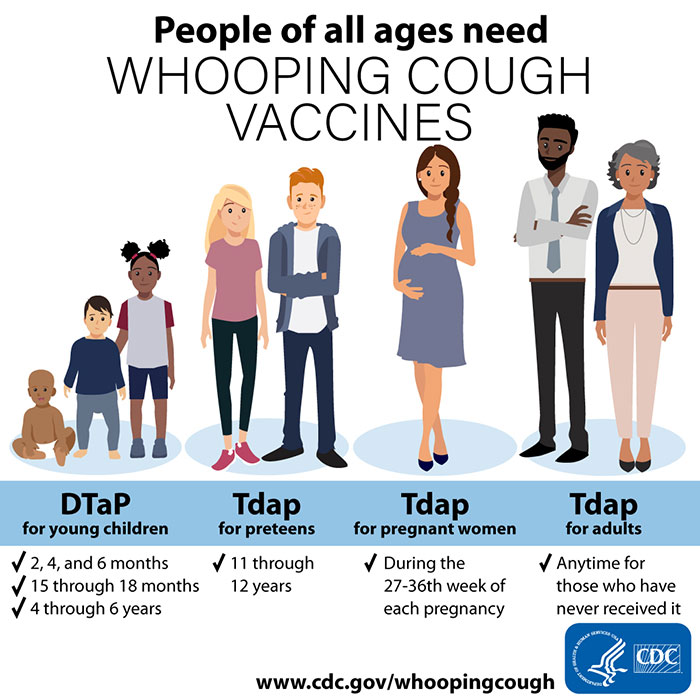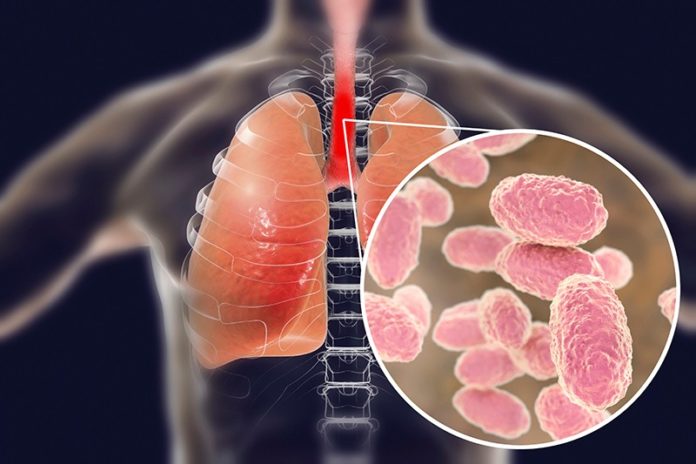The National Institute for Communicable Diseases has alerted parents and caregivers about increasing rates of whooping cough, following the dropping of all Covid-19 restrictions.
According to the NICD, cases of whooping cough – officially known as pertussis – declined on the notifiable medical conditions surveillance system in 2020 and 2021, “likely as a result of decreased transmission related to non-pharmaceutical interventions to prevent the spread of SARS-CoV-2”.
This year, for the first time since March 2020, South Africa dropped Covid-19 restrictions, including wearing masks.
In a statement, the NICD said cases had begun increasing this year.
“From the beginning of 2022 to 15 September, 147 pertussis cases were notified, with a steady increase in the number of cases reported since May and a sharp increase from July (23 cases) through August (33 cases) and September (53 cases).”
Of the 147 reported cases, 77% were children younger than five. Of the children under five, 79% were less than three months old.
The NICD said:The majority of cases, 42%, were from the Western Cape. In July and August 2022, the cases reported were evenly distributed across provinces and in keeping with numbers reported before Covid-19, while in September 2022, the majority of cases, 79%, were reported from Western Cape and numbers higher than those reported from this province pre-Covid-19.
Of the cases reported in the Western Cape in September, 34 of the 38 cases were children younger than five.
“Of the 34 children less than five years of age, only 26 have vaccination statuses, of which 65% were up to date with their vaccinations.”
The disease is preventable through vaccination.
“Immunity following vaccination is thought to last for 5-6 years. Episodic increases in pertussis cases occur in vaccinated populations every 3-5 years,” the NICD said.
 Symptoms of whooping cough are similar to the common cold and may include nasal congestion, runny nose, mild sore throat, mild dry cough, and minimal or no fever.
Symptoms of whooping cough are similar to the common cold and may include nasal congestion, runny nose, mild sore throat, mild dry cough, and minimal or no fever.
After a few days of infection, the cough can become more severe and is characterised by episodes of violent and uncontrolled coughing that is exhausting and painful, followed by a whooping sound and vomiting after coughing.
News24


